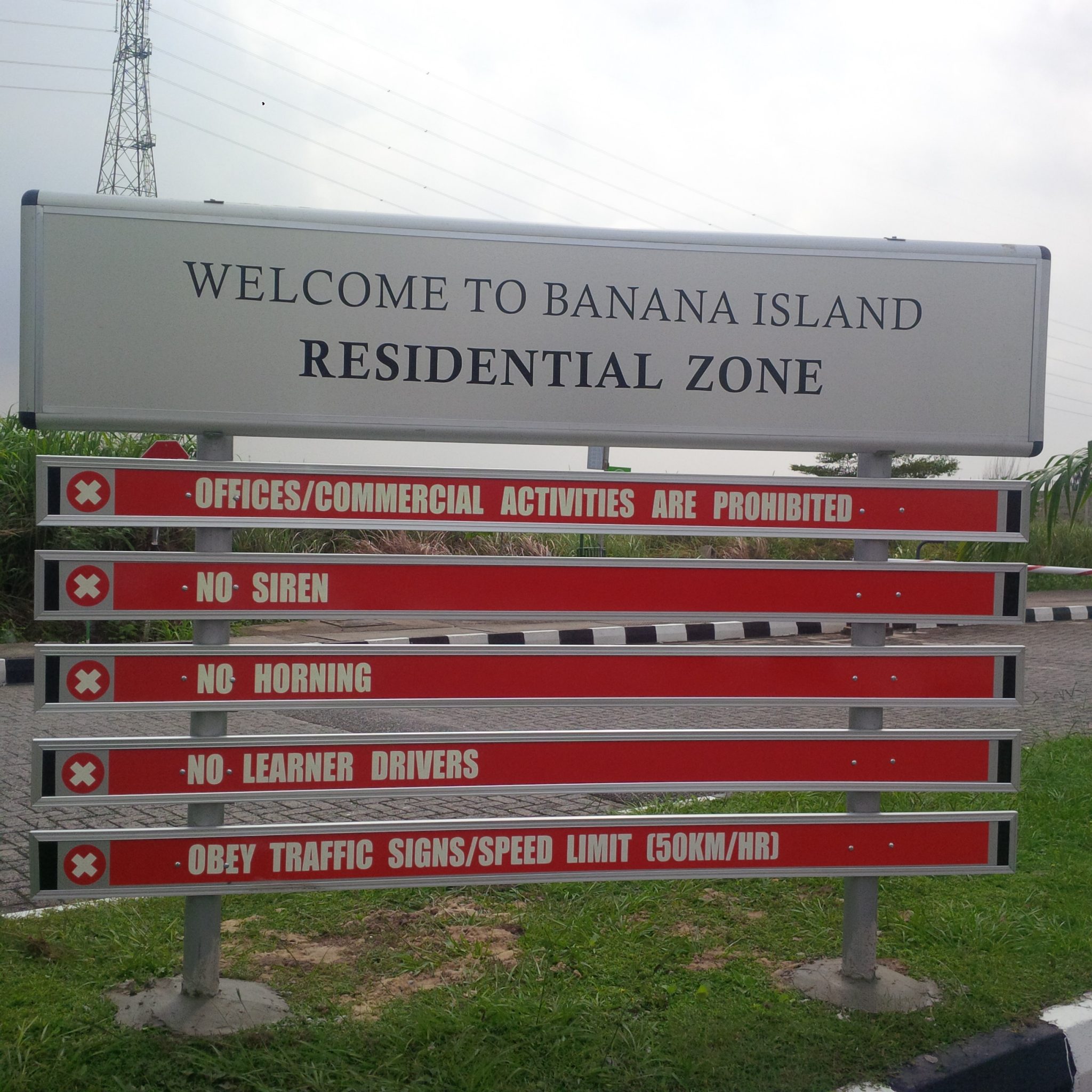Banana Island Residents Disrupt Army’s Apple Island Project
Residents of Banana Island estate in Lagos Saturday disrupted an attempt by the Nigerian Army to take over the estate’s children’s playground and the adjoining recreational area to create an access to an “Apple island” being promoted by some private groups working with the Army’s properties limited, NAPL.
The first indication of trouble was noticed on Friday when a detachment of soldiers was sent to the elite estate to take position at the estate gate as well as the piece of land which had been earmarked for the estate’s boat club house.
The men brought down signs erected by the residents’ association and erected another sign on the property.
Early the next day, another set of soldiers and mobile policemen arrived the estate early in the morning ostensibly to secure the estate ahead of the planned visit by the Chief of Army Staff, General Tukur Buratai.
When the army chief arrived minutes after noon, he was met by a delegation of angry residents and property owners who denounced the invasion by soldiers and went on to painstakingly presented their case.
The protest by the residents while vocal, was peaceful during the entire period the army chief spent in the estate.
Chairman of the residents’ association Charles Ubosi expressed surprise that the army and its representatives sought to forcibly enter the estate, take over private property and then build an access to a massive development of 43 hectares to emerge from the waters off the estate.
He said while the residents of the estate slept the day before a detachment of soldiers took position in locations in the estate without any consultation with property owners.
If allowed, the army will go ahead to build a highway and thoroughfare right in the middle of the estate, deny children of their playground, and open the estate to yet un-estimated environmental degradation that will follow the displacement of water from a patch as massive as 43 hectares.
General Burutai who apparently had not been properly briefed, was accommodative and refraining from going ahead with the elaborate arrangements that had been made for him by leaders of NAPL.
The army boss assured the residents and property owners that the army will not forcibly take any private property and then directed his men to seek an alternative access to the planned island.
As a mark of respect for the concerns of the property owners and residents, General Burutai stopped short of cutting the tape that had been provided for him to inaugurate the Apple island project and signal the formal commencement of work.
He also directed his men to put back the estate sign that they had removed.




